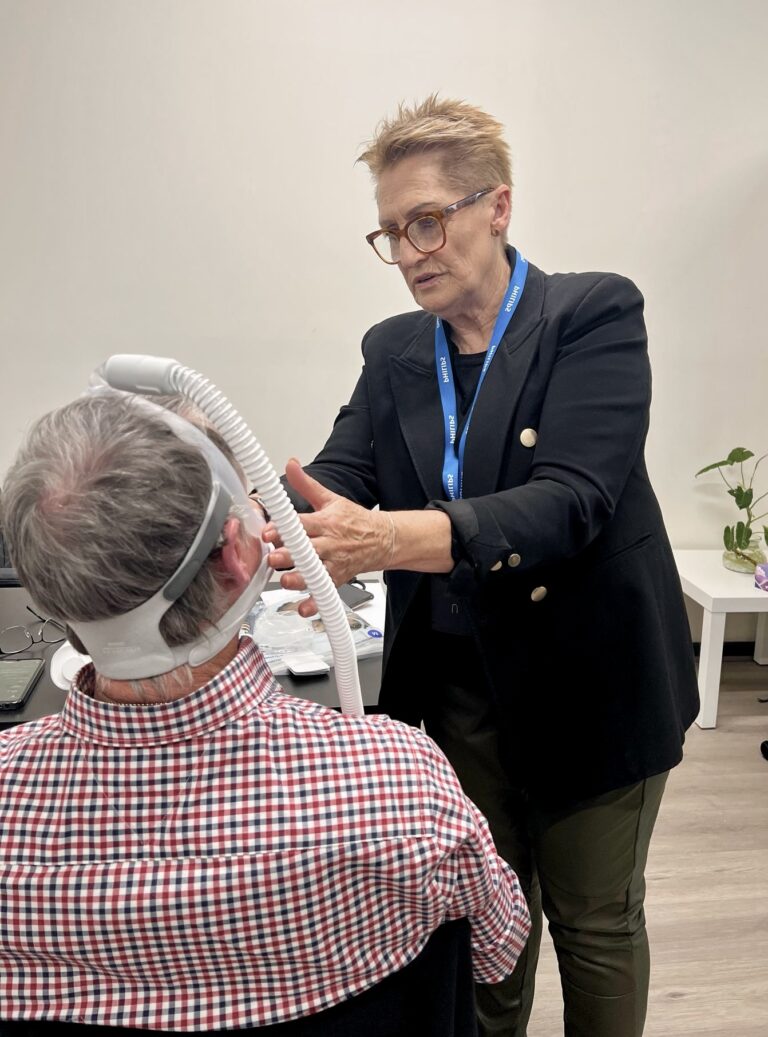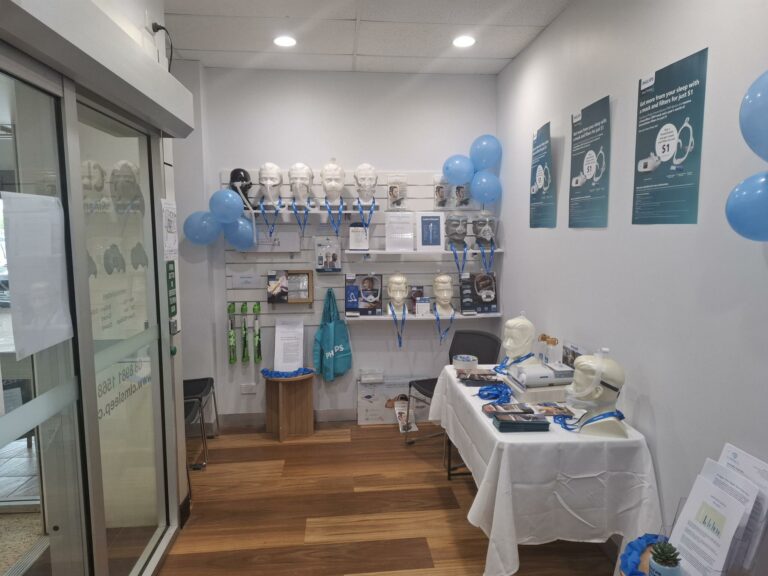A quality sleep does not only depend on the number of hours you spend in bed, but more importantly, whether you complete all stages of sleep in a healthy sleep cycle. Each night, your body and brain go through a tightly regulated sleep process that directly affects memory, physical recovery, and overall health. CLM Sleep […]
Deep sleep plays a crucial role in restoring health, enhancing long-term memory, and protecting the body from diseases and strokes. However, many adults today struggle to reach this stage due to work-related stress, electronic device usage, and stimulant abuse. Understanding how much deep sleep is normal can help you better manage your sleep cycle. In […]
Good sleep is important, but the type of sleep should be considered as well. The various stages of sleep all play a differing role in mental and emotional health, with particular prominence given to REM (Rapid Eye Movement) sleep. This stage involves processing memories, mood regulation, and learning. How much rem sleep should you get? […]
REM sleep is more than just a stage of dreaming. It plays a vital role in brain function, emotional balance, learning ability, and creativity. Closely tied to your circadian rhythm, this phase helps regulate your internal clock and supports optimal brain performance. Without enough time in it, you may wake up feeling mentally foggy, unfocused, […]
Light sleep plays an intricate role in one’s sleep mechanics, yet many people are unsure of its place in the actual stages of the sleep cycle. As one of the crucial sleep stages, it functions as a transitional phase that helps the body move from light wakefulness to deeper, more restorative phases of deep sleep […]
Getting a good night’s sleep is vital for your overall health, but not all sleep is equal. There are different sleep stages, with deep sleep being very important for physical restoration, memory consolidation, emotional balance, and immune function. Learning how to get more deep sleep each night can increase your wellbeing, energy level, and overall […]
Deep sleep is a vital stage of rest that promotes physical healing, memory consolidation, and emotional balance. Without enough deep sleep, your health and daily performance can suffer. at CLM Sleep, We help you understand, improve, and develop restorative deep sleep through expert guidance, testing, and tailored treatment plans. Let’s find out how better can […]
REM sleep supports brain function, emotional balance, and physical health and, hence, an important sleep process for total well-being. This guide by CLM Sleep tells you what REM sleep is and why it matters and impacts your long-term health. What is REM Sleep? REM sleep, which is short for Rapid Eye Movement sleep, is one […]
The other thing one needs to make the best of his nights is quality, and such can be obtained if one gives some attention to the impact of circadian rhythm on the subject of sleep. This guide of CLM Sleep provides an in-depth look at circadian rhythm, its mechanisms, influencing factors, and ways to regulate it […]
Obesity
Excess body weight, especially around the neck and abdomen, can increase the risk of sleep apnea. Fat deposits in these areas can obstruct the airway and contribute to breathing problems during sleep.
Age
The risk of sleep apnea increases with age. This is partly due to changes in muscle tone and airway structure that occur as people get older.
Follow us at




Lets take a moment to appreciate the beautiful art made by CLM Sleep Co. staff!



“CLM Sleep Co. gave me the patience, advice, and encouragement I needed to finally feel what better sleep is like.”
Patience Voice 2025





Nearly 20 stops, countless smiles, and one dream we all share — better sleep, every night.
CLM Sleep Co. is actively committed to promoting sleep-health awareness within the community, extending our efforts beyond workshops to educational settings. We collaborate with local schools, like Blackfriars Priory School in Prospect, South Australia, to deliver impactful presentations on the significance of sleep-health.
Our engaging sessions empower students with valuable insights, equipping them with essential knowledge to take control of their sleep routines and overall well-being. By fostering sleep literacy among the younger generation, we aim to sow the seeds of healthy sleep habits early on, ensuring a brighter and more rested future for our community.
April 03, 2024
Imagine a group filled with community spirit and yoga mats. That’s exactly what “Stretch for a Cause” was all about! Our community came together to stretch, breathe, and make a difference.
Led by a skilled instructor, we flowed through poses, feeling the positive vibes. But this wasn’t just any yoga class – it was yoga with a purpose. The funds we raised went straight to a charity close to our hearts.
“Stretch for a cause” was a blend of relaxation and giving back. We bent, twisted, and reached for a brighter future, one pose at a time. Thanks to everyone who joined in, making it more than just a yoga class, but a real force for good.
May 06, 2024
A safe, supportive Community on Facebook for Australians facing sleep issues like insomnia, sleep apnoea, or restless nights. Share experiences, ask questions, discover sleep tips, and connect with people
who truly understand what better sleep feels like.